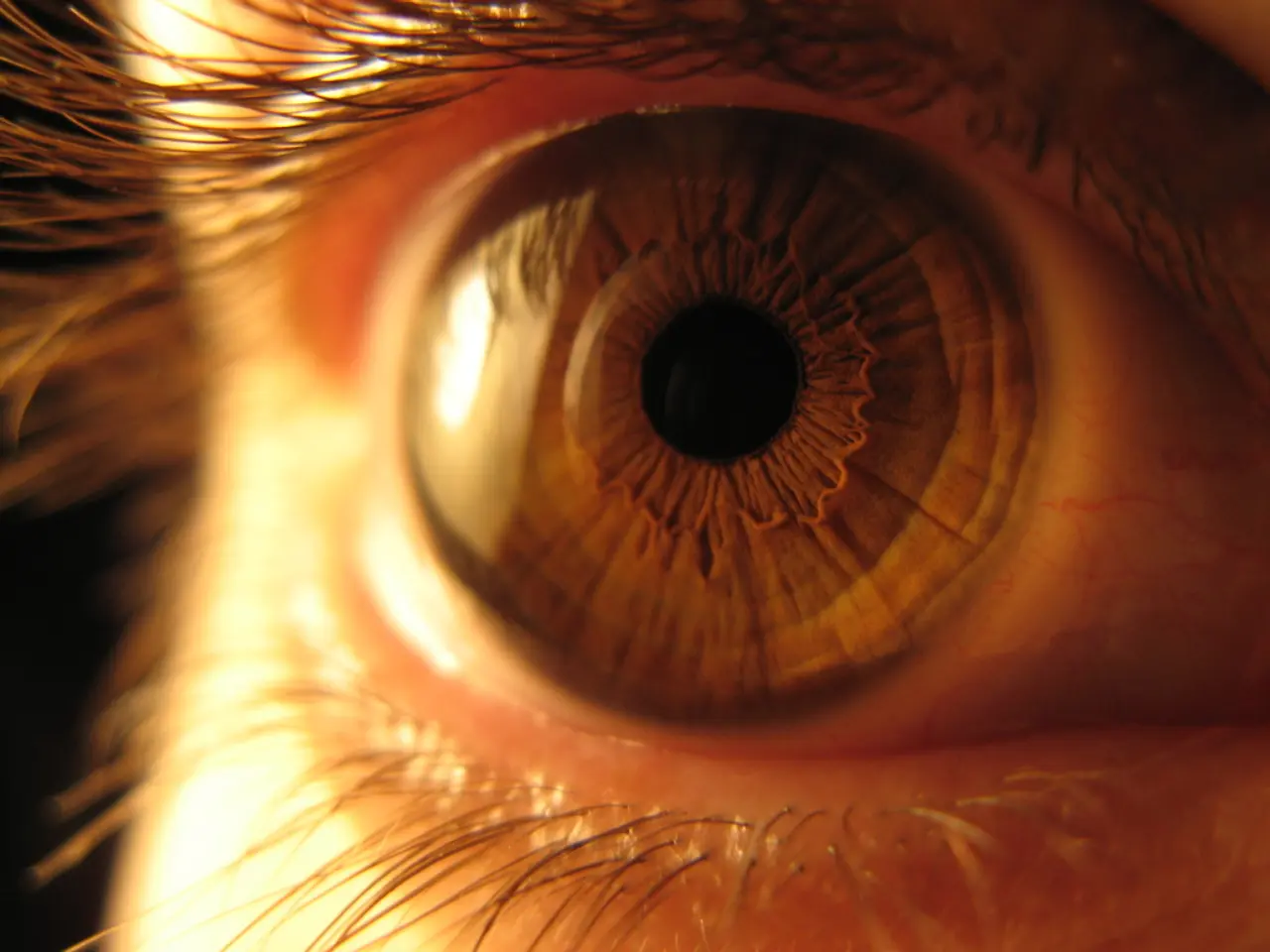Puffiness and swelling in the eyes: Causes include tears, rest, and other factors
Swollen eyes, medically known as "periorbital puffiness," can be a common concern for many individuals. Causes range from temporary factors such as crying or lack of sleep to more persistent issues like allergies, fluid retention, and even underlying health conditions. This article explores various effective remedies for swollen eyes, both home-based and lifestyle adjustments, as well as potential medical causes.
**Home Remedies**
A variety of home remedies can help reduce puffiness and restore a refreshed appearance. These include:
- **Cold Compress:** Applying a cold compress, such as chilled spoons, ice wrapped in a cloth, or a bag of frozen peas, for about 10 minutes constricts blood vessels, reducing swelling and inflammation. - **Elevating the Head:** Sleeping with an extra pillow or keeping your head elevated helps prevent fluid from pooling around the eyes during sleep. - **Vitamin E Oil:** Adding a few drops of pure vitamin E oil to cold water, soaking cotton pads, and placing them under the eyes for 20 minutes can help reduce puffiness and provide anti-inflammatory benefits. - **Egg Whites:** Beat an egg white until stiff peaks form, apply under the eyes, and let dry for 20 minutes. The egg white tightens skin and reduces puffiness. - **Green Tea Bags:** Chilled, steeped green tea bags placed on the eyes for 10–15 minutes can reduce swelling due to their anti-inflammatory properties. - **Massage:** Gently massaging the area around the eyes (from the inner to the outer corner) encourages lymphatic drainage and can lessen swelling. - **Reducing Sodium Intake:** Excessive salt causes fluid retention, so cutting back on sodium can help prevent and reduce puffiness. - **Hydration and Exercise:** Staying well-hydrated and maintaining regular exercise helps manage fluid balance and reduce facial swelling.
**Cosmetic and Skincare Tips**
- **Use of Eye Creams:** Products containing caffeine, hyaluronic acid, or peptides may help constrict blood vessels and improve circulation. - **Makeup:** Concealer and brightening makeup can temporarily mask the appearance of swollen eyes.
**Underlying Causes of Swollen Eyes**
**Common Causes**
- **Fluid Retention:** Excess salt intake or hormonal changes can cause the body to retain fluid, leading to puffiness, especially around the eyes. - **Lack of Sleep:** Poor sleep disrupts circulation and can cause fluid to accumulate, making eyes appear puffy. - **Allergies:** Allergic reactions to pollen, pet dander, or certain foods can cause swelling and redness. - **Crying:** The act of crying leads to increased blood flow and fluid retention in the eye area, resulting in temporary swelling. - **Aging:** Loss of skin elasticity and fat redistribution with age can make puffiness more noticeable. - **Genetics:** Some individuals are naturally more prone to under-eye puffiness due to inherited traits.
**Medical Causes**
- **Sinus Infections:** Inflammation from sinusitis can cause swelling around the eyes and cheeks. - **Angioedema:** A deeper swelling, often allergic in nature, that affects areas like the eyes and lips. - **Medications and Insect Bites:** Certain drugs or insect stings can trigger localized swelling as part of an allergic reaction. - **Preeclampsia:** In pregnancy, sudden swelling—especially of the face and hands—can signal a serious condition requiring immediate medical attention.
**When to Seek Medical Help**
Most cases of swollen eyes are temporary and respond to home remedies. However, if swelling is severe, painful, persists for days, or is accompanied by other symptoms (e.g., difficulty breathing, rash, fever), consult a healthcare professional to rule out serious conditions like infections, allergic reactions, or underlying health issues.
**Final Thoughts**
Swollen eyes are usually a benign, temporary issue with multiple effective home remedies. Addressing the root cause—whether it’s sleep, diet, allergies, or crying—is key to both treatment and prevention. For persistent or severe swelling, medical evaluation is recommended.
- Underlying health conditions, such as diabetes, cancer, bipolar, eczema, depression, or conditions like Crohn's disease, ulcerative colitis, or lung disease, can potentially cause persistent swollen eyes.
- Science continues to uncover predictive links between certain diseases and skin-care conditions, with sleep disturbances often being a shared factor among them.
- AQ, or air quality, can affect skin health and may trigger skin-care issues like eczema or exacerbate symptoms of existing skin conditions.
- In rare cases, hemorrhoids, or swollen veins in the rectum or anus, can lead to eye puffiness due to poor circulation.
- Type 2 diabetes, if left untreated, can lead to fluid retention, which may manifest as puffiness around the eyes.
- Maintaining a consistent skincare routine that includes eye creams and makeup can help manage the appearance of swollen eyes, providing temporary relief.
- Modern science is constantly evolving, with health-and-wellness practices, dietary research, and skincare innovations working together to increase our understanding of eye health and reduce instances of swollen eyes.
- It's vital to consult a healthcare professional if you experience symptoms beyond swollen eyes, such as difficulty breathing, rashes, or fever, to ensure you're not dealing with a more serious underlying health issue.
- Skin-care self-care, in conjunction with a balanced diet, exercise, and adequate sleep, goes a long way in preventing and managing swollen eyes and maintaining overall health and well-being.




